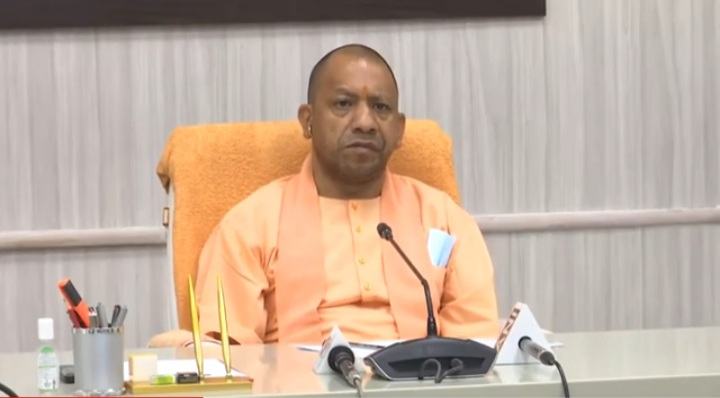Lucknow, May 21: An emergency trauma care network will soon be ready in Uttar Pradesh. In this direction, besides having a mobile app and call center in the next two years, the ambulance (Advance Life Support) will double in the next five years, with the establishment of 3,000 health centres, 33 of Level-II and 14 of Level-I. Trauma centers will be set up.
A spokesman of the state government said on Saturday that the Emergency Trauma Care Network scheme is also important as about 21,227 people died in road accidents in the state last year.
He further added, Chief Minister Yogi Adityanath recently expressed serious concern over the number of deaths in road accidents in the state and announced several measures to prevent accidents, including increasing awareness and enforcement of traffic rules and regulations, even on highways including patrolling round the clock.
The spokesman said that UP is the first state in the country where Live Emergency Monitoring System is being run. It receives 40,000 calls per day and serves three lakh patients annually.
He informed that the Uttar Pradesh government also plans to set up e-hospital facilities in 33 medical colleges of the state in the next few years. E-Hospitals provide online patient portal for citizen services like online appointment booking, online lab reports and blood availability.
According to an official spokesperson, the state government wants to provide employment to one lakh people in the field of health education in the next five years. In addition, the Yogi government plans to set up a huge number of nursing and paramedical schools. The government is increasing the total number of Nursing and Paramedical seats to 14500 and 3600 respectively.
He apprised that according to the BJP’s election manifesto in Uttar Pradesh, the government will have medical colleges in every district of the state as well as six mega health parks at a cost of Rs 30,000 crore to promote the production of medicines and health and surgical instruments. In the next five years, the state has to be made self-reliant in this sector.





